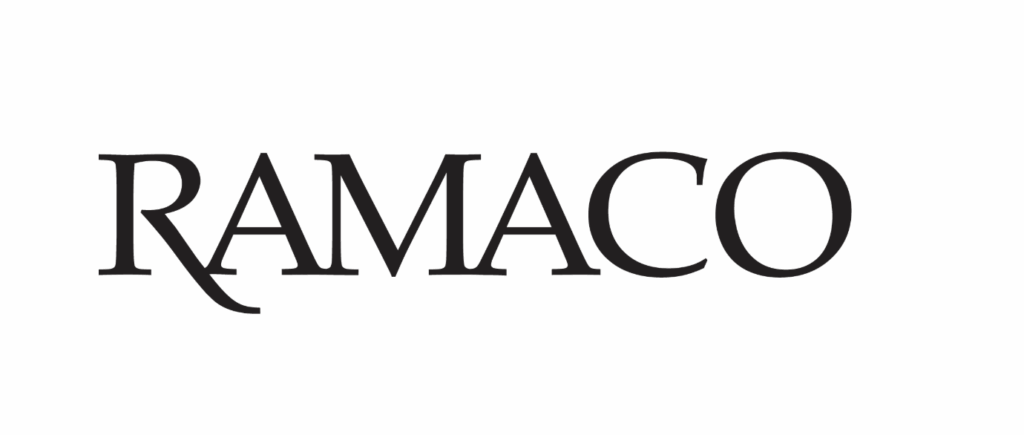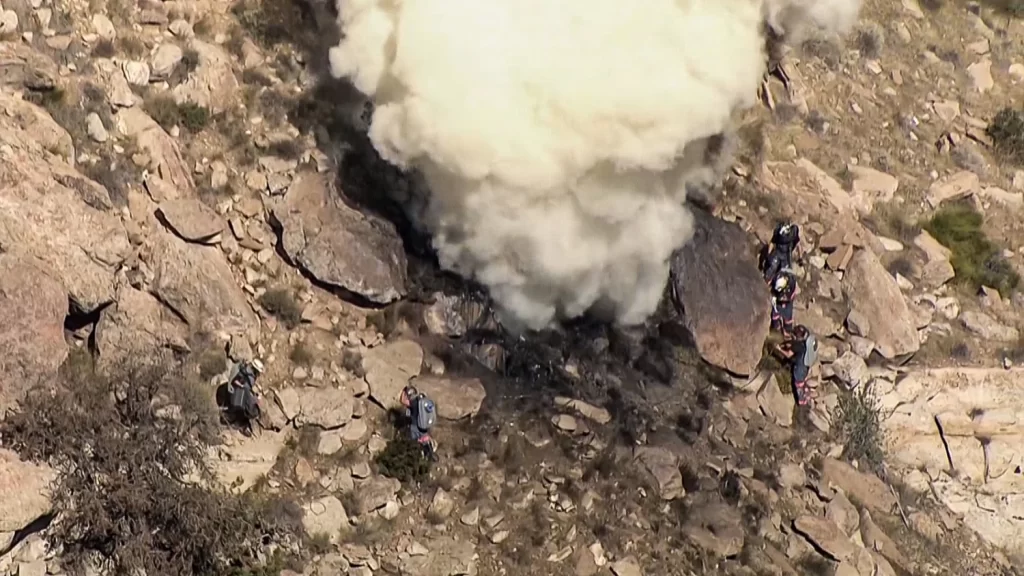Believed to be one of the miners to lose out to Whitehaven Coal (ASX:WHC) in the bidding war for BHP’s Daunia and Blackwater met coal mines, Stanmore Coal (ASX:SMR) has responded to the “resolution of uncertainties around potential M&A” by paying a landmark dividend.
Stanmore will drop 5.82 US cents a share in the pockets of investors, led by Indonesia’s 64% holder the Widjaja family’s Golden Energy and Resources or GEAR. It’s the first dividend offered by the Queensland producer since its transformational acquisition last year of both BHP and Mitsui’s stakes in the BMC mines – Poitrel and South Walker Creek. That US$1.2b buy has driven the previously small fry Stanmore to underlying earnings of US$949 million so far this year, with Stanmore sitting on net cash of US$181m. The fully franked special dividend will come in at US$52.5m in returns all up.
“We are very pleased to announce the declaration of Stanmore’s inaugural dividend since our equity raise and subsequent acquisition of South Walker Creek and Poitrel in 2022,” Stanmore CEO Marcelo Matos said.
“Given the ongoing strength of Stanmore’s balance sheet, driven by the continued success of our operational and financial performances, together with the resolution of uncertainties with regards to M&A activity, we are happy to deliver a dividend equal in size to what would have been declared if applied to Stanmore’s 2022 financial results.
“This dividend, along with Stanmore’s remarkable share price growth since 2022’s acquisition, further demonstrates our ongoing commitment to maximising shareholder returns.”
But there were some nasties hidden in the announcement of the payout, with guidance for 2024 unchanged at 12.3-13Mt and cash costs project to rise from US$87-93/t to US$97-102/t in 2024. Capex is expected to fall from US$175-195m to US$150-170m.
Stanmore has delivered 11Mt of saleable met coal in 2023 so far at US$91/t, but that was impacted by substantially higher costs at Poitrel, where efforts are also being made to shift its sales mix from PCI to coking coal, with an excess of discounted Russian supply depressing PCI prices.








